Sustainability
Reduce, Reuse, Recycle:
This is a phrase we commonly hear regarding consumption and footprint reduction - but how does it work here at the brewery? The phrase itself is meant to act as a three step process, listed in order of importance. As only roughly 10% of products sent to a processing center are successfully recycled, it is an integral practice to lean into steps 1 and 2: Reduce and Reuse.
Reduce
For anyone who has spent time in Boundary Bay, one thing they may have noticed is our antiquated collection of chairs, many being of different styles. This is because all of our seating was acquired second hand - and is maintained on sight - reducing our demand for manufactured furniture, and helping the original owners of the chairs with their recycle effort. Reduction is a key focus of ours, and it has aided us in both reducing our consumption and embracing the historical feel at the brewpub. Here are some notable ways in which we work to reduce:
Most of our food is sourced as local as possible, greatly reducing the need for excess food packaging and transportation.
Through use of LED lights and timers, we reduce our electricity demand for lighting by 75% and they last 25x longer than the previous incandescent standard.
Our beer garden is built with a pervious design, allowing rain water to return to the earth. This eliminates our need to water the abundant flora that makes it such an enjoyable space.
By swapping out our old paper food boats in the beer garden for metal trays lined with minimal paper, we dramatically reduced waste generated at our events.
We send our spent grain from our brewing process to a local dairy farm to keep the cows fed and happy. In fact, for each pint of beer you drink you are contributing roughly 1/3 of a pound of grain to the cows!
Our wholesome food leftovers are donated to Sustainable Connections where they are distributed to those in need through their Food Recovery Program.
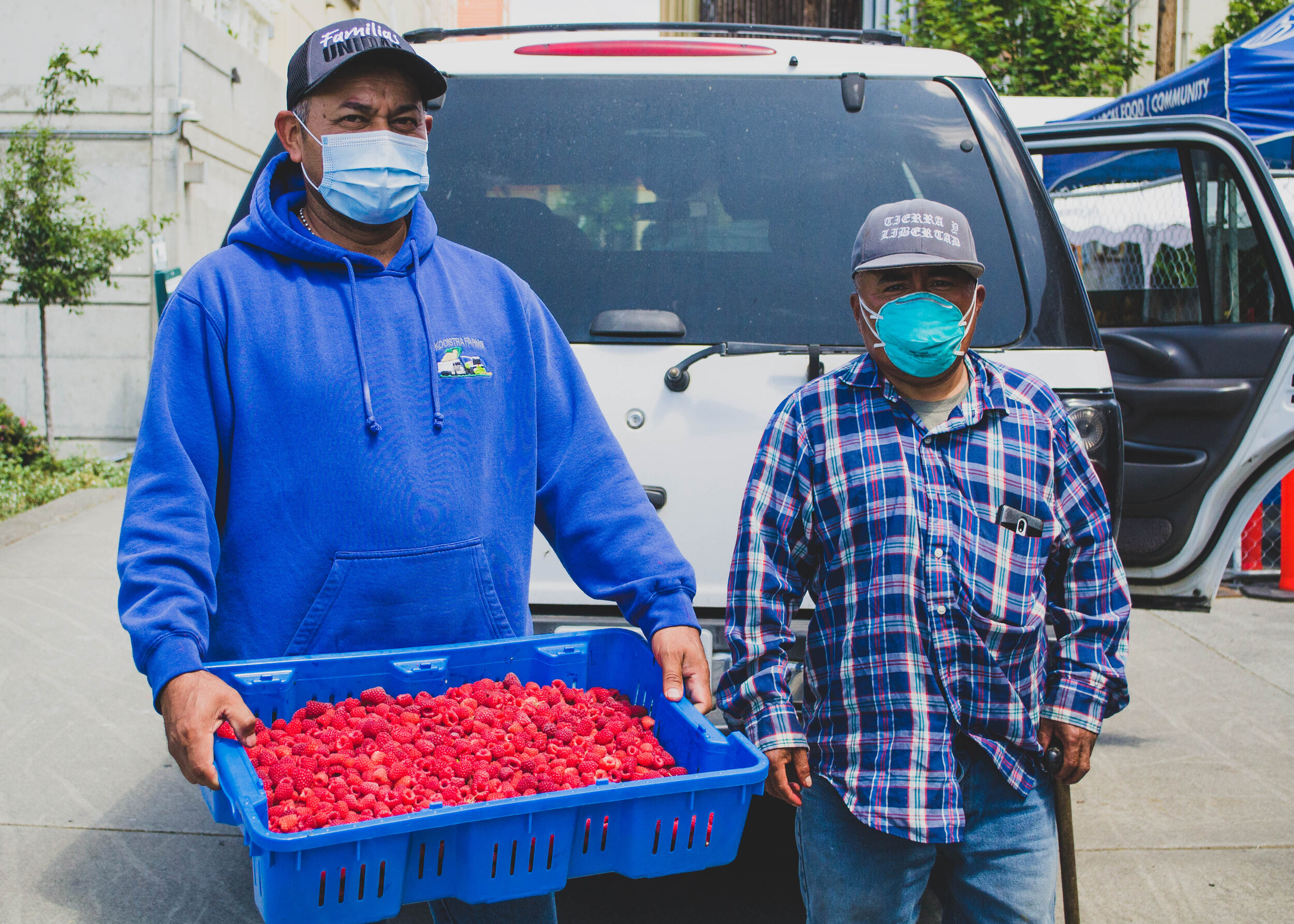
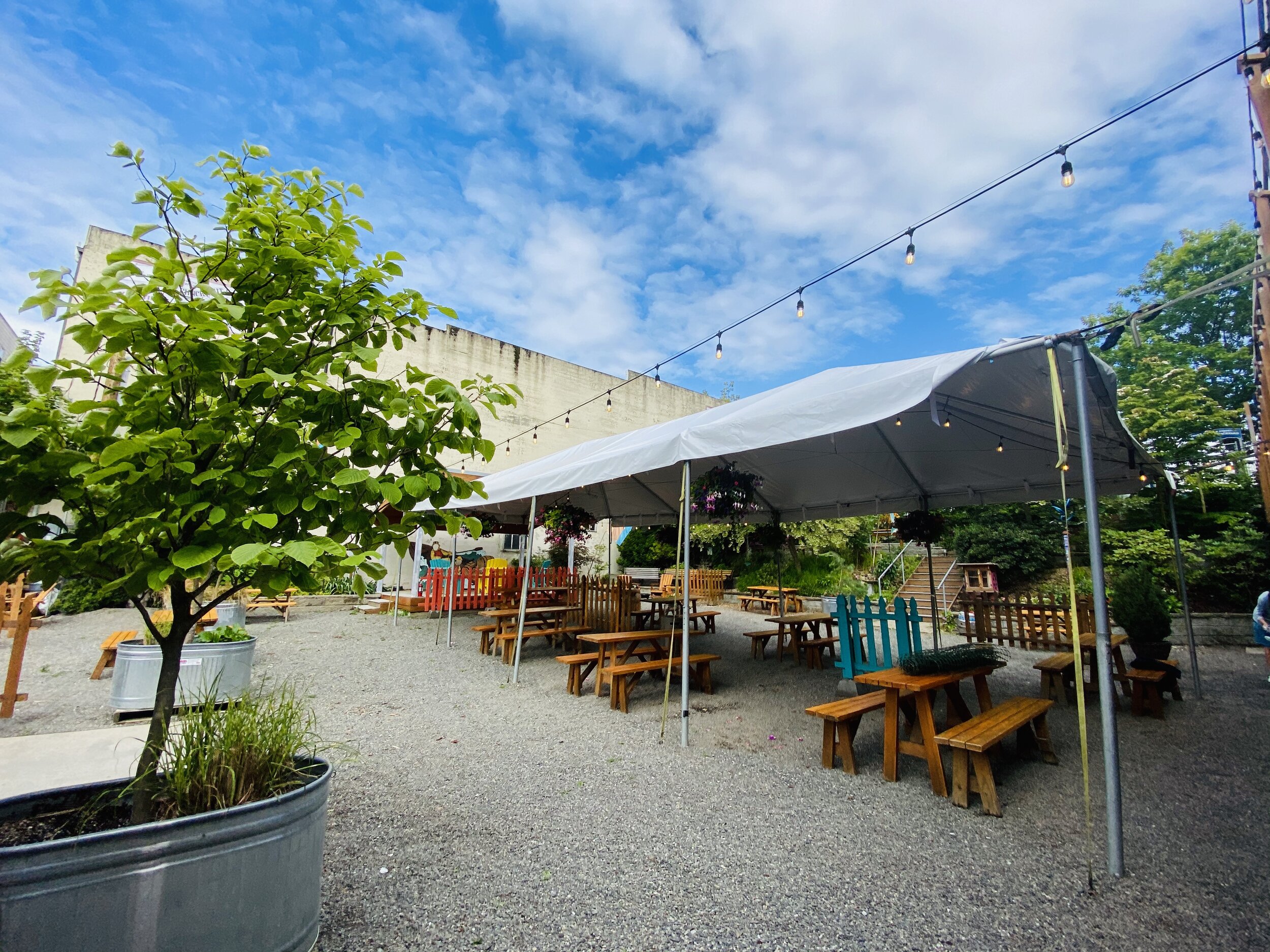
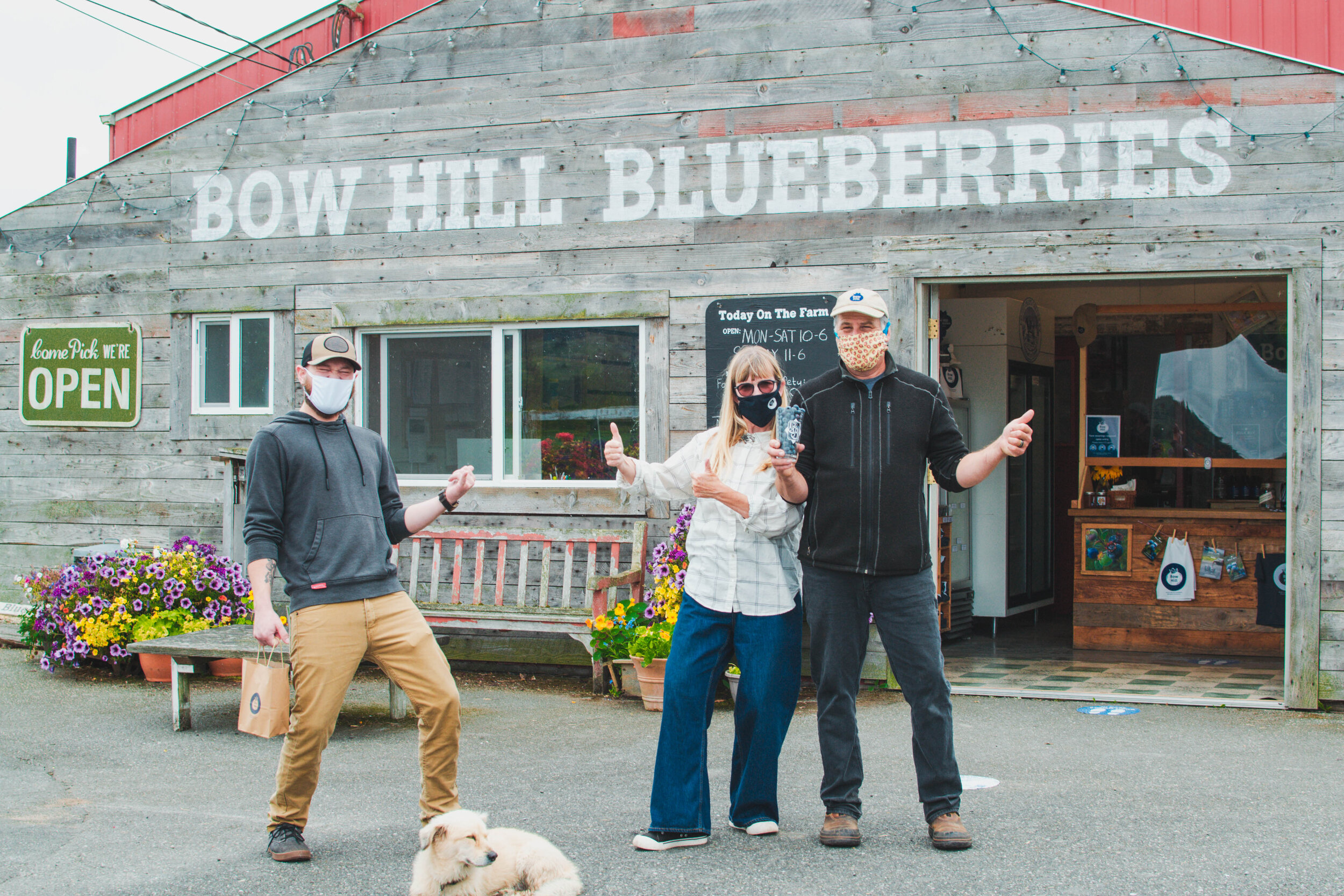
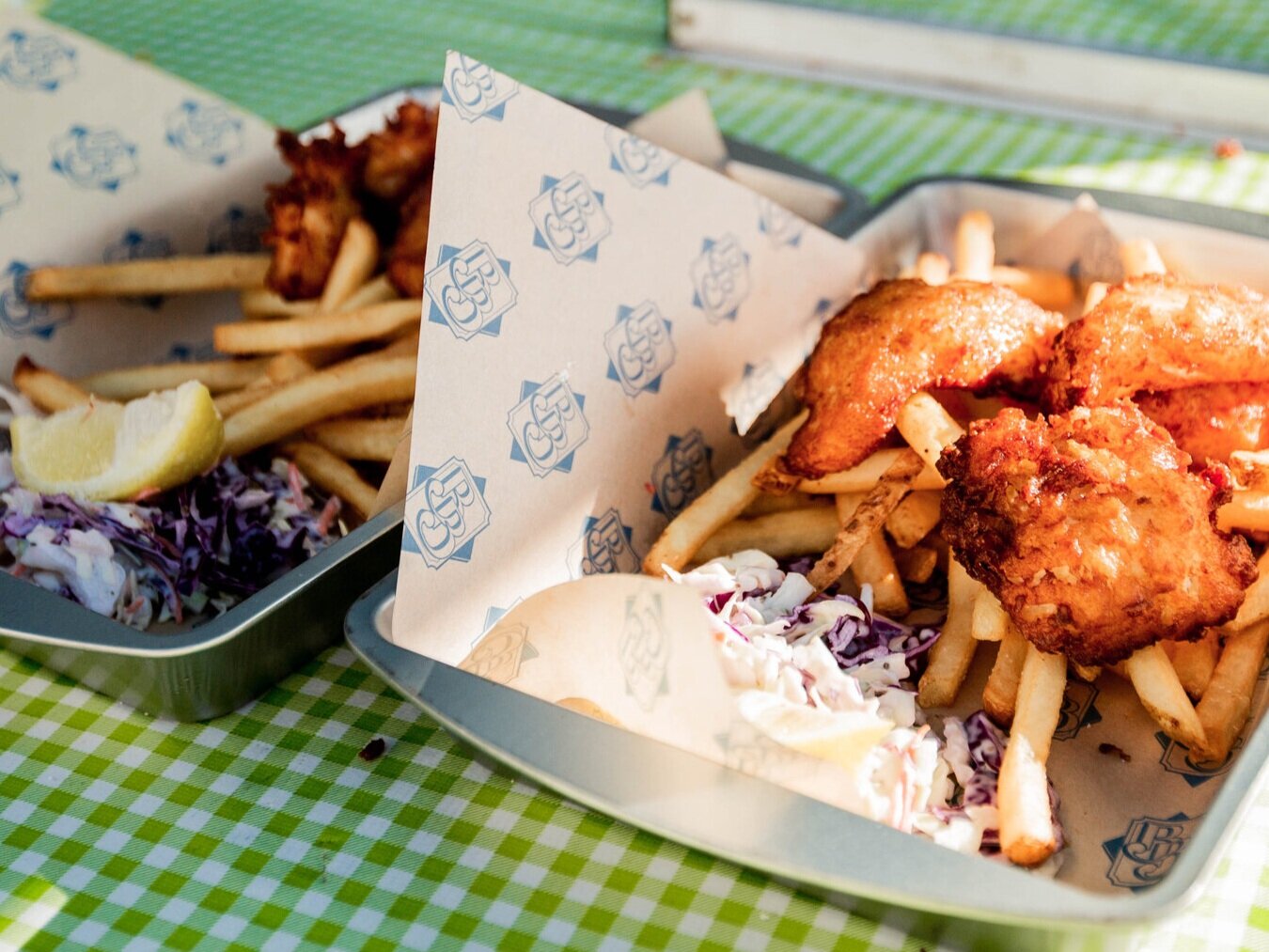
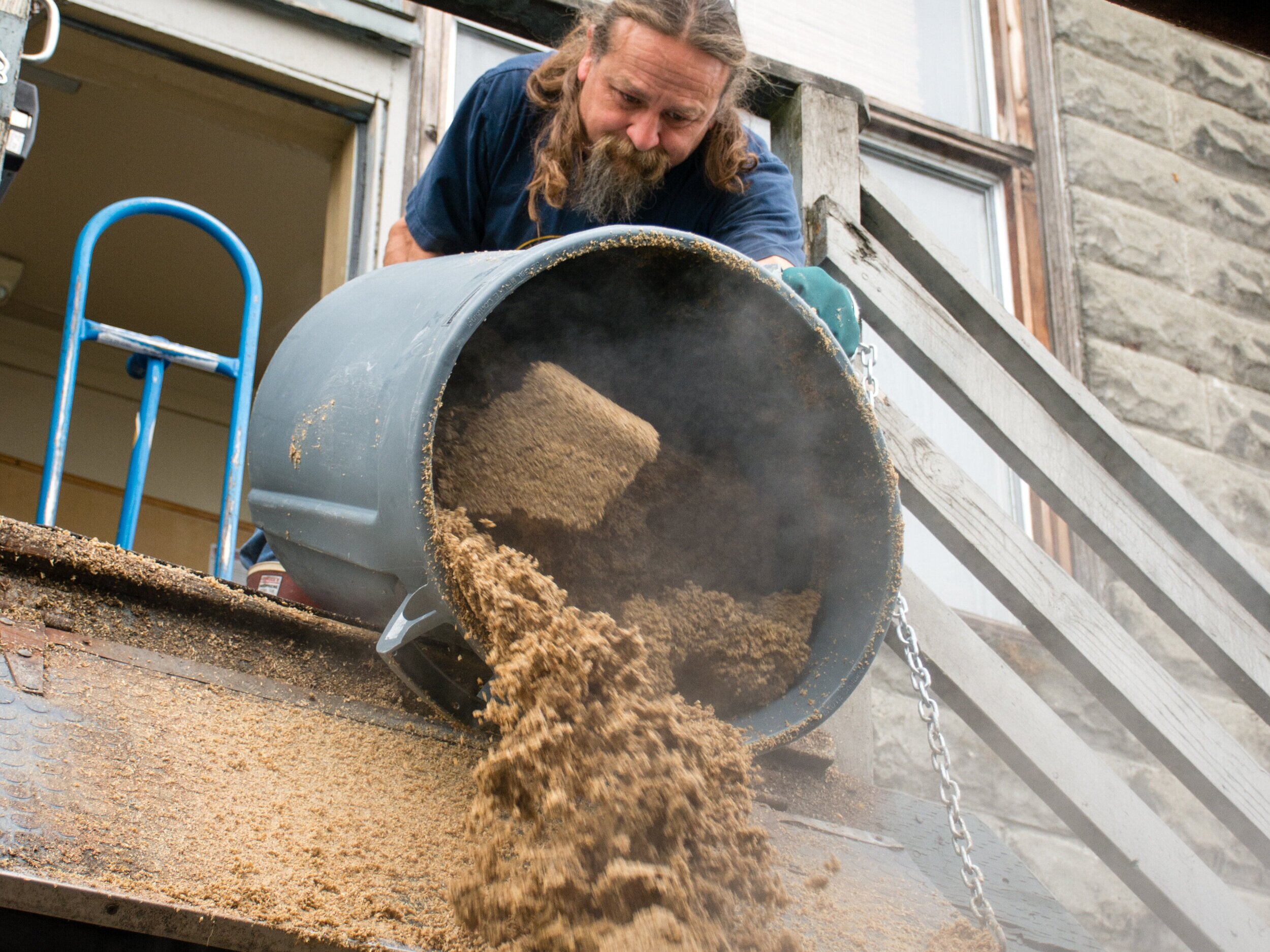
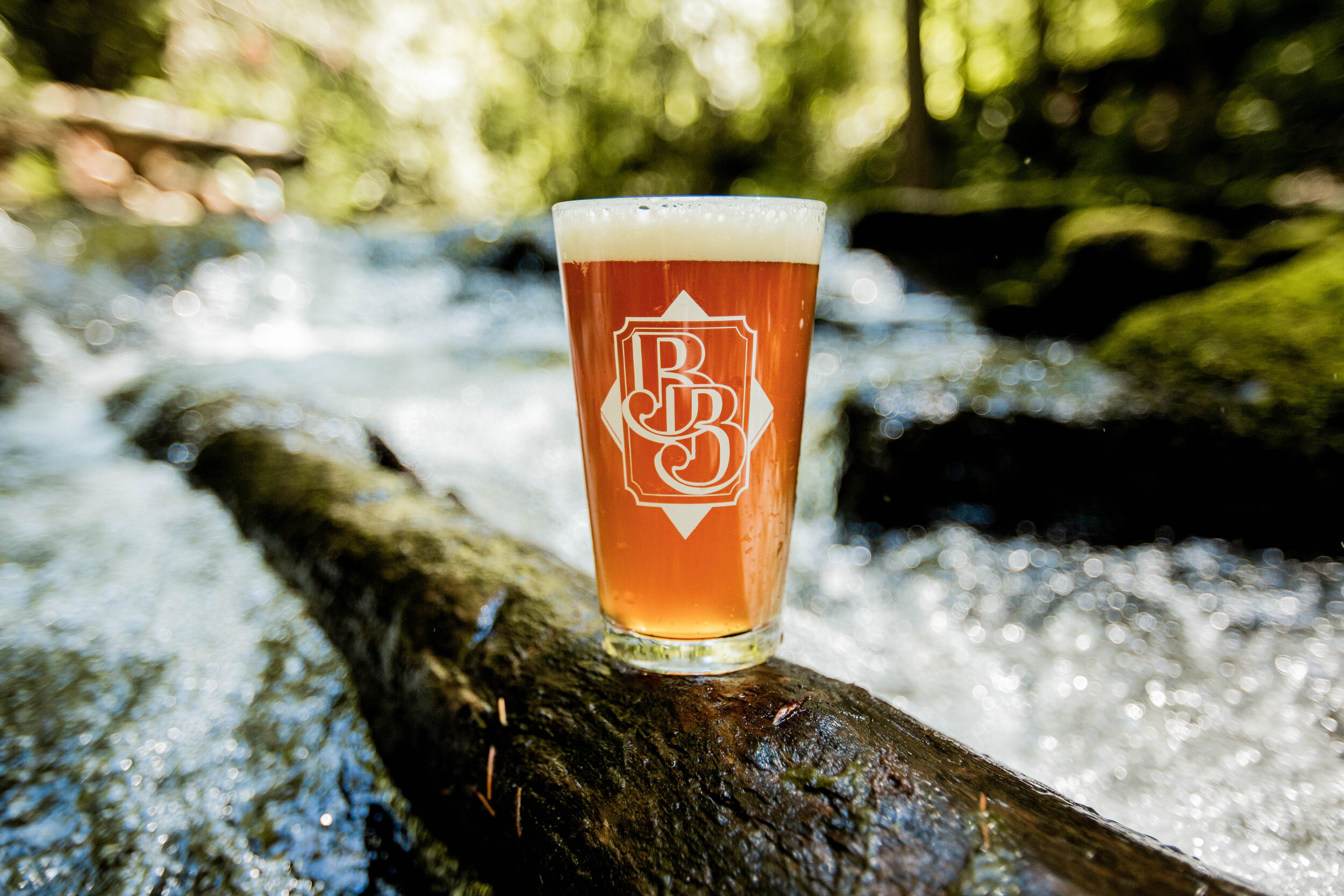
2. Reuse
The second most impactful in reducing footprint is the “reuse” phase. While we acquired our chairs second hand, we actually built our furniture from reclaimed flooring during Boundary Bay’s construction phase. Some other practices we do at the brewery to improve the reuse of products:
Clothing drives and exchanges are held with staff, keeping fabric out of the landfill. Did you know that it takes roughly 213 gallons of water to make a cotton t-shirt, and many fabrics take 200 or more years to decompose in a landfill?
Plastic buckets are donated to farmers and fishermen.
Do you drive a car that uses biodiesel? Swing by the brewery and ask for our spent fryer oil!
Vegetable waste from our prep kitchen goes to small family farmers to feed their chickens and pigs.
Have an old six-pack topper laying around? Make sure to drop it off at the brewpub next time you stop by. We’ll reuse it! Many other breweries around town accept them as well.
3. Recycle
Last, but not least: Recycle. This is the final and least impactful in terms of reducing our footprint - but it’s not without effect. With a proper practice of recycling, we can work to improve the amount of materials being recycled once they hit the facility. Currently, we are effectively recycling about 10% of what goes into the plants.
Our cardboard, paper, bottles, cans and glass are all cleaned and recycled.
Our takeout food containers are compostable as is our takeout flatware.
Plastic grain bags are separated from the aluminum they come with and then recycled. And we buy a lot of grain!
Since the beginning, we have donated our surplus proceeds to local nonprofits which aids the execution of their essential services provided.
Improper cleaning is one of the largest culprits of failed recycling efforts. Check out this article by the EPA to learn more about proper recycling, and remember to look up your local recycling guidelines to ensure you are sorting properly. Here are Bellingham’s guidelines. Together as a conscious community, we can reduce our footprint exponentially.

